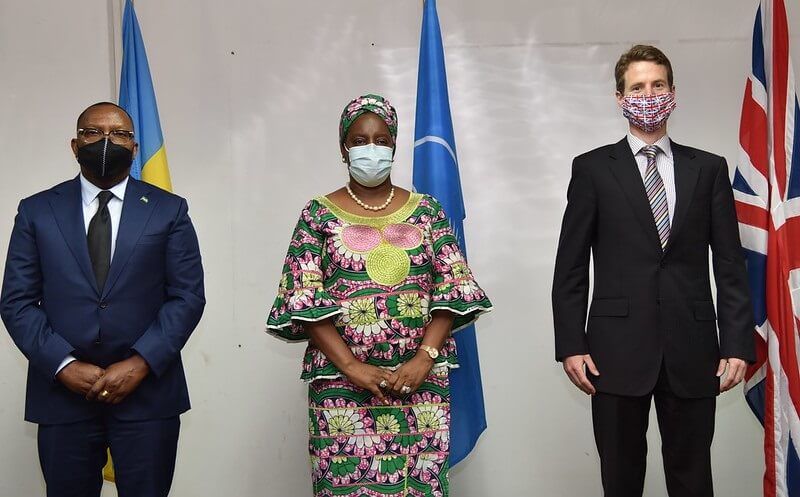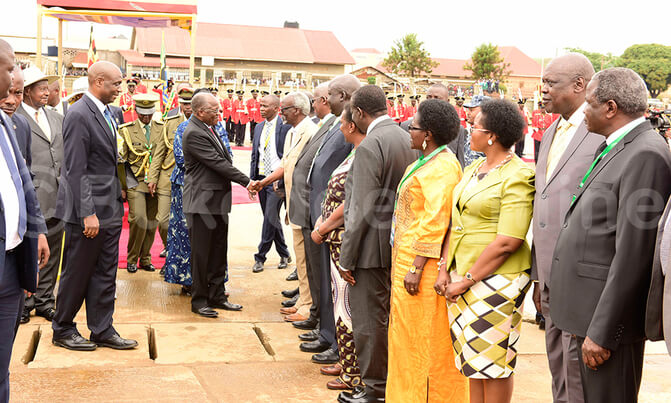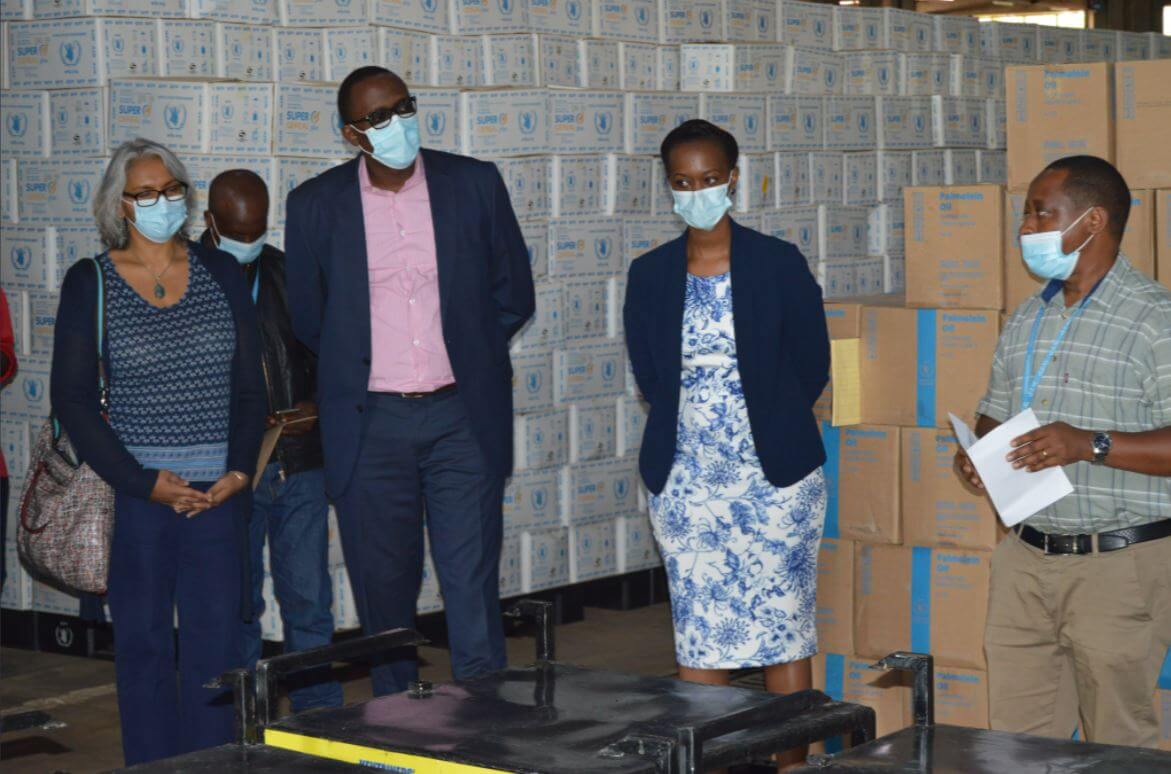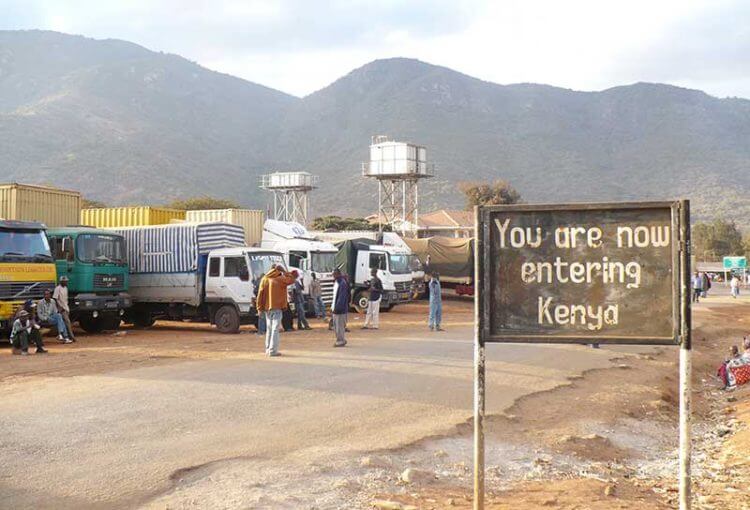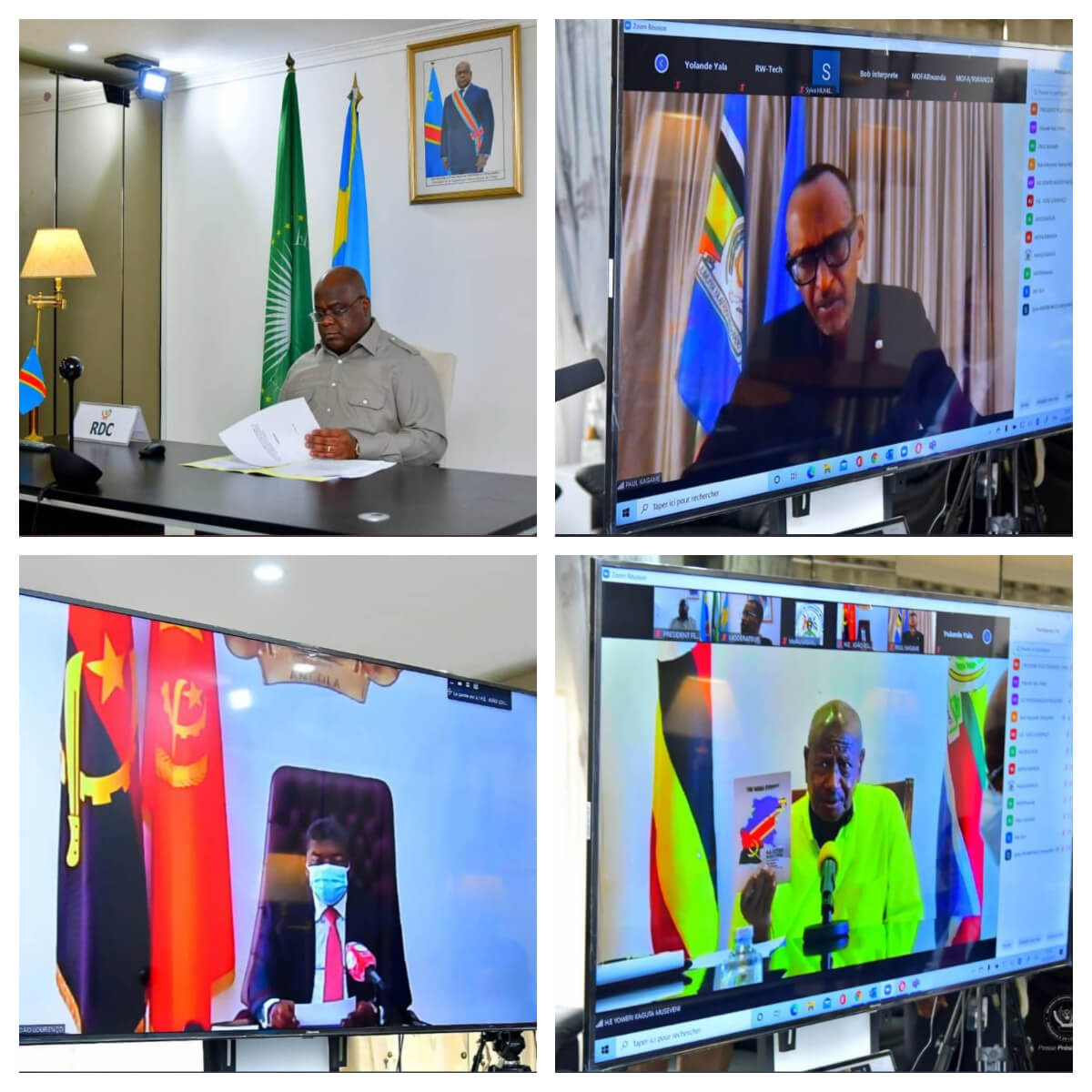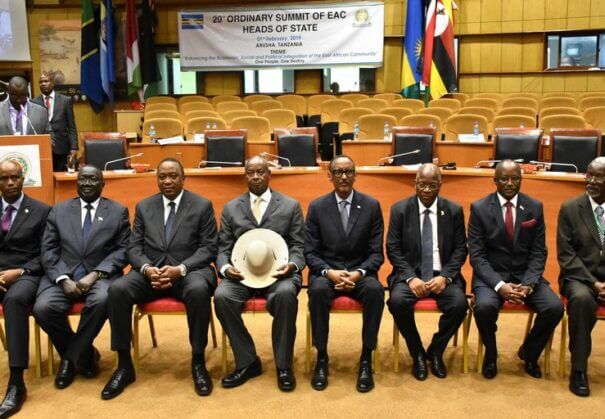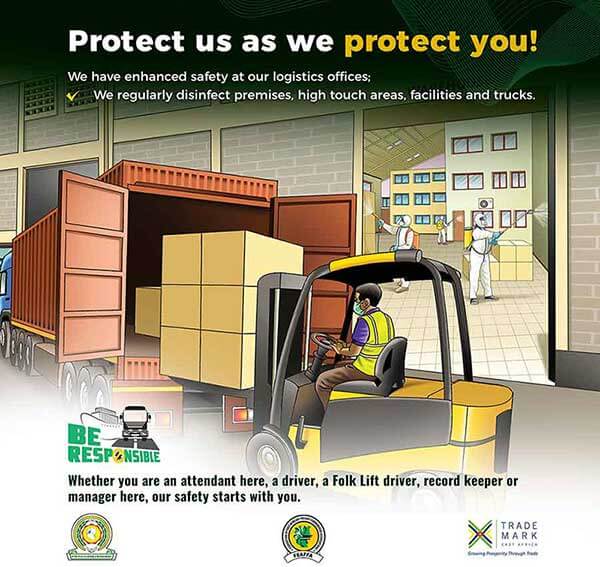The new Ambassador of Rwanda to Zambia Amandin Rugira and the British High Commissioner to Zambia Nicholas Woolley have been accredited to COMESA as Permanent Representative and Special Representative respectively. The two presented their letters of credence to COMESA Secretary General Chileshe Kapwepwe on yesterday at the COMESA Secretariat in Lusaka. Amb. Rugira reiterated his country’s commitment to regional integration pledging to build on what his predecessor had done towards serving the regional community’s interests for deeper economic integration. Woolley said the United Kingdom attaches great importance to having strong regional institutions such as COMESA to tackle key regional issues. “Today’s formal accreditation sets the scene for a stronger future relationship between COMESA and the UK, framed around our ambition for stronger partnerships for mutual benefit,” he said. As part of the collaboration, the UK government has announced a new partnership between Trademark East Africa and Zambia to improve trade flows at one of Southern Africa’s busiest borders – the Nakonde border post between Zambia and Tanzania were 135,000 trucks pass every year. Two weeks ago, the UK Minister for Africa James Duddridge visited the COMESA Secretariat and held discussions with Secretary-General on various areas including COVID-19 response, trade facilitation, the African Continental Free Trade Area (AfCFTA), support for the development of regional value chains and countries preparation for COP26 submissions At the same time, the Minister announced that the UK is partnering with the UN International Organisation for Migration (IOM) to provide advice and training to traders, governments and...
Rwanda And British Envoys Get COMESA Accreditation
Posted on: October 26, 2020
Posted on: October 26, 2020

